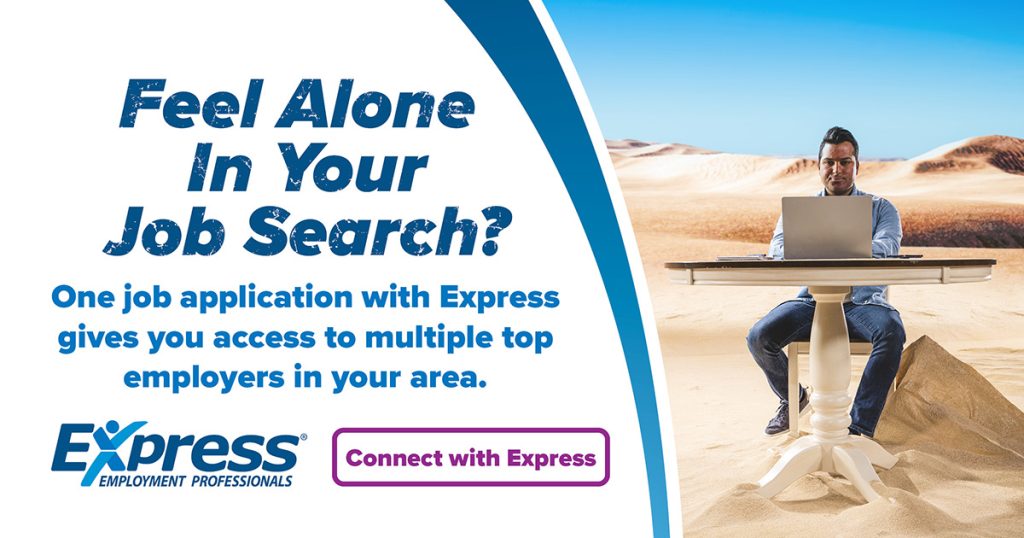
Finding a job when relocating to a new area can feel overwhelming, no matter the reason behind the move. Maybe you moved to a new area when work went remote, but now that the call to return to the workplace has sounded, you realize there’s a lack of onsite job opportunities. Or perhaps your partner is being relocated by their employer, you want to move closer to family, or you want a new home with milder winters.
A Job Relocation Survey listed the three most common reasons people relocate:
- To seek a higher-paying job or career advancement: 49.3%
- Find a job closer to family: 20.5%
- As a part of a transfer within [an] existing company: 11.1%
So, whatever your reasoning, you’re in good company.
Starting Your Relocation
To push past the overwhelm and move ahead with your relocation, you’ll want to create a plan that feels do-able. Here are five steps to get you moving:
Narrow Down the Possibilities
If you’re able to choose where you’re moving to, you’ll want to take multiple factors into consideration. As you think through various location possibilities, consider and research:
- Cost of living
- Job availability
- Proximity to friends and family
- Housing accessibility
- Specific desires, such as being close to the beach or a mild winter
Start Networking
Once you’ve identified your desired location, start networking and building your professional presence. Mine your personal contacts for anyone in the vicinity and reach out to them. Share about your relocation on your personal media accounts. Contact applicable professional associations in the new area and research top employers.
Establish a “Why” Statement
Potential employers are going to ask about your relocation, so now is the time to think it through and come up with your explanation. Indeed.com points out, “Knowing how to effectively mention your plans helps prove to your prospective employers that you’re serious about moving.”
It doesn’t have to be lengthy; it just needs to help an employer understand your situation and remove worries that you’ll be a flight risk. For example, this type of statement is sufficient: “After several years of living in the Midwest, I’ve decided to move back to the Denver area to be closer to family, and this job opportunity really piqued my interest.”
Prep Your Resume and Cover Letter
When an employer reads through your information for the first time, your experiences and skills should be what stand out—not your location. There’s no need to list your address; your name and contact information will suffice. If you have a summary section within your resume, you can include a phrase such as, “Searching for a position in the DFW area” or “Relocating to Chicago in October 2026.”
Beyond that, you’ll want to address your relocation within your cover letter. This is where you can include your “why” statement. You can also specifically highlight any work experience with companies in multiple locations or licenses/certifications you hold that will transfer across state lines. Mentioning that your relocation is already in progress can also alleviate an employer’s concerns regarding any relocation costs that they might normally cover.
Don’t Go It Alone
Once you’re ready to start applying, remember—you’re not alone. Working with a staffing expert means you have someone in your corner who can simplify the job search. Contact your local Express Employment Professionals, Express Healthcare Staffing, or Specialized Recruiting Group office to learn how we can assist you through your relocation.
